HS-ESS3-4
Evaluate or refine a technological solution that reduces impacts of human activities on natural systems.
-
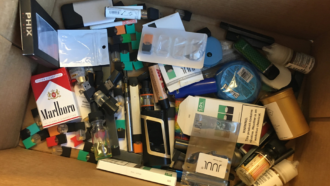 Environment
EnvironmentDon’t toss that vape!
Plenty of people talk about potential risks of vaping. But this teen habit also saddles schools with lots of trash — some of it quite toxic.
-
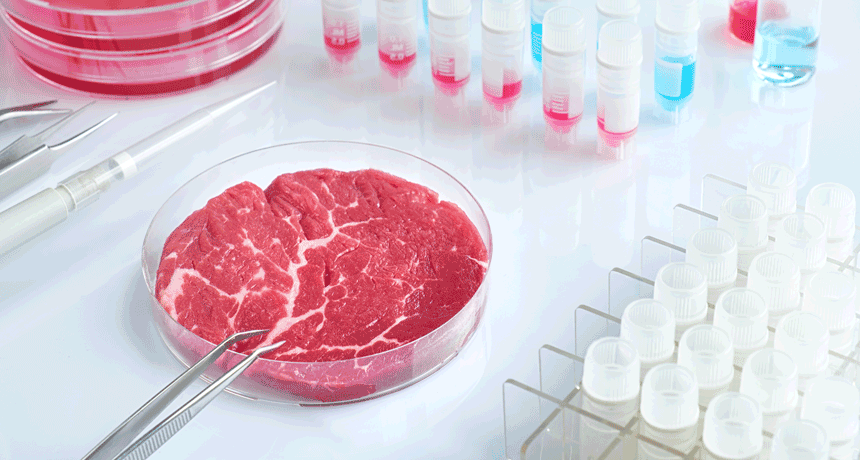 Life
LifeA new spin on lab-grown meat
A technique inspired by how cotton candy is spun could help produce lab-grown meat at a lower cost and on a bigger scale.
-
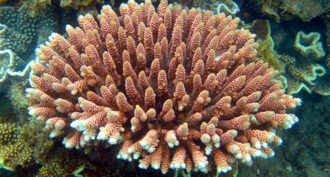 Oceans
OceansOcean heat waves are on the rise — and killing coral
Ocean heat waves are becoming hotter and more frequent. And one can be blamed for the 2016 coral deaths on the Great Barrier Reef.
By Dan Garisto and Carolyn Gramling -
 Physics
PhysicsDisabilities don’t stop these experts in science and tech
People with disabilities are as varied as the careers some of them pursue in science, technology, engineering and math.
-
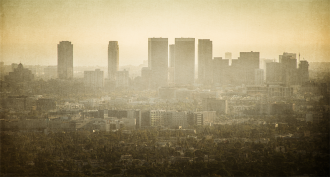 Environment
EnvironmentTiny air pollutants inflame airways and harm heart
New studies show how tiny bits of air pollution, called particulate matter, can lead to health problems ranging from chronic runny noses to heart disease.
-
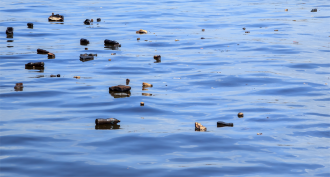 Environment
EnvironmentPlastic trash rides ocean currents to the Arctic
Ocean currents can carry plastic trash far from the cities that shed it. Some plastic debris has made it all of the way to the Arctic Ocean, new data show.
-
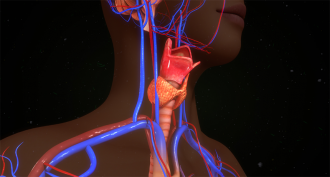 Environment
EnvironmentSome food-packaging pollutants mess with the thyroid
Chemical pollutants may hurt the ability of the thyroid gland to make an important hormone. Teens may be most at risk.
-
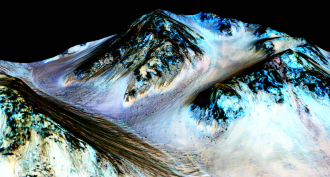 Earth
EarthKeeping space missions from infecting Earth and other worlds
Scientists are always looking for ways to stop Earthly microbes from polluting other planets. The same goes for bringing bits of other planets back to Earth.
-
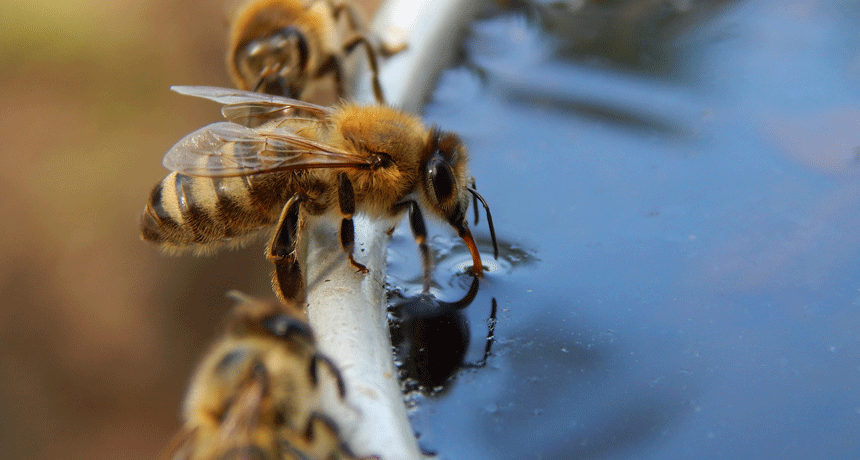 Environment
EnvironmentCleaning up water that bees like to drink
Plant roots suck up pesticides used on soils, then release them into water that can seep from their leaves. This is a sweetened water that bees love to sip. A teen figured out how to remove most of the pesticide with bits of charcoal.
-
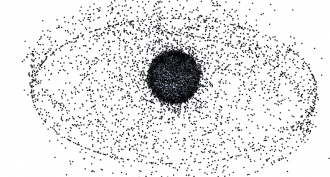 Space
SpaceStudent programs computer to predict path of space trash
People are already using space as a garbage dump, which could prove dangerous to future space travelers. A teen set out to track space junk using only her home computer.
-
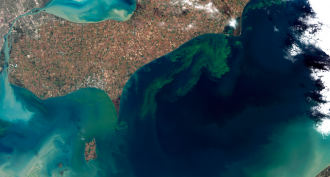 Agriculture
AgricultureTeen converts water pollutant into a plant fertilizer
Too much phosphate can fuel algal growth, which can rob oxygen from the water. This can suffocate fish and other wildlife. Stefan Wan found a way to collect that pollutant, which can later be used as a farm nutrient.
-
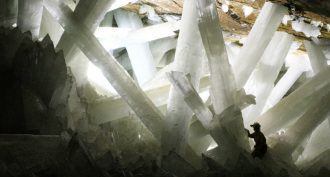 Microbes
MicrobesGiant cave crystals may be home to 50,000-year-old microbes
Microbes trapped in crystals in Mexico's Naica mine may represent some of the most distinct life forms ever found. The microbes have remained dormant for up to 50,000 years.